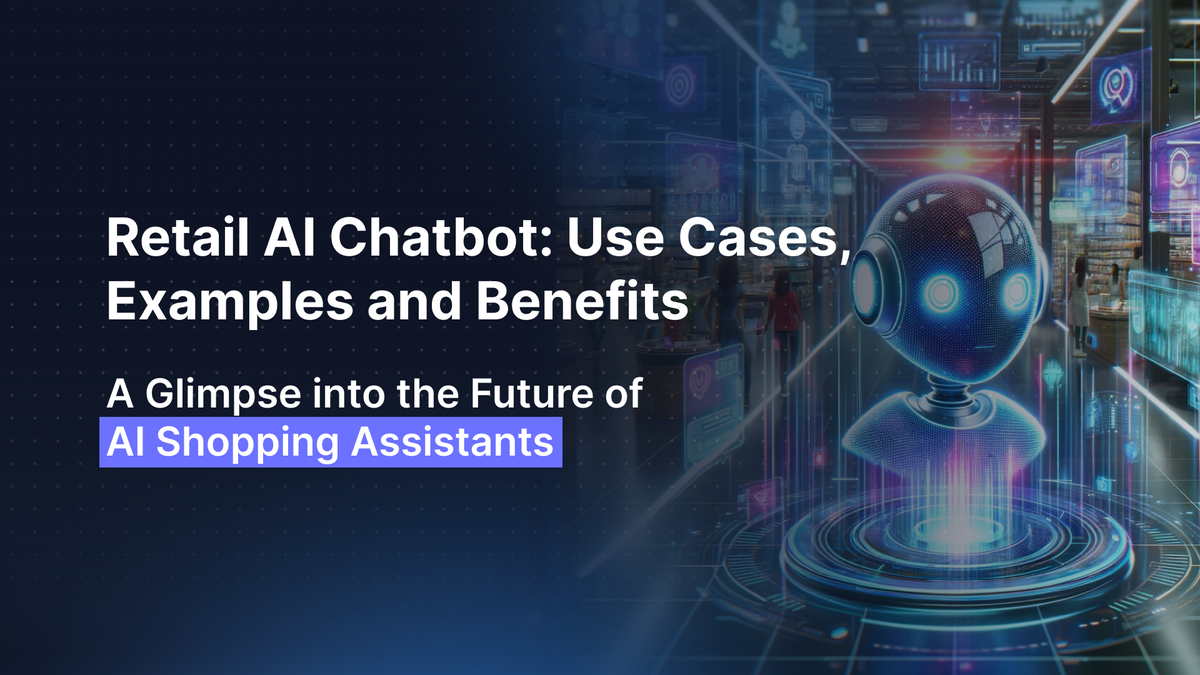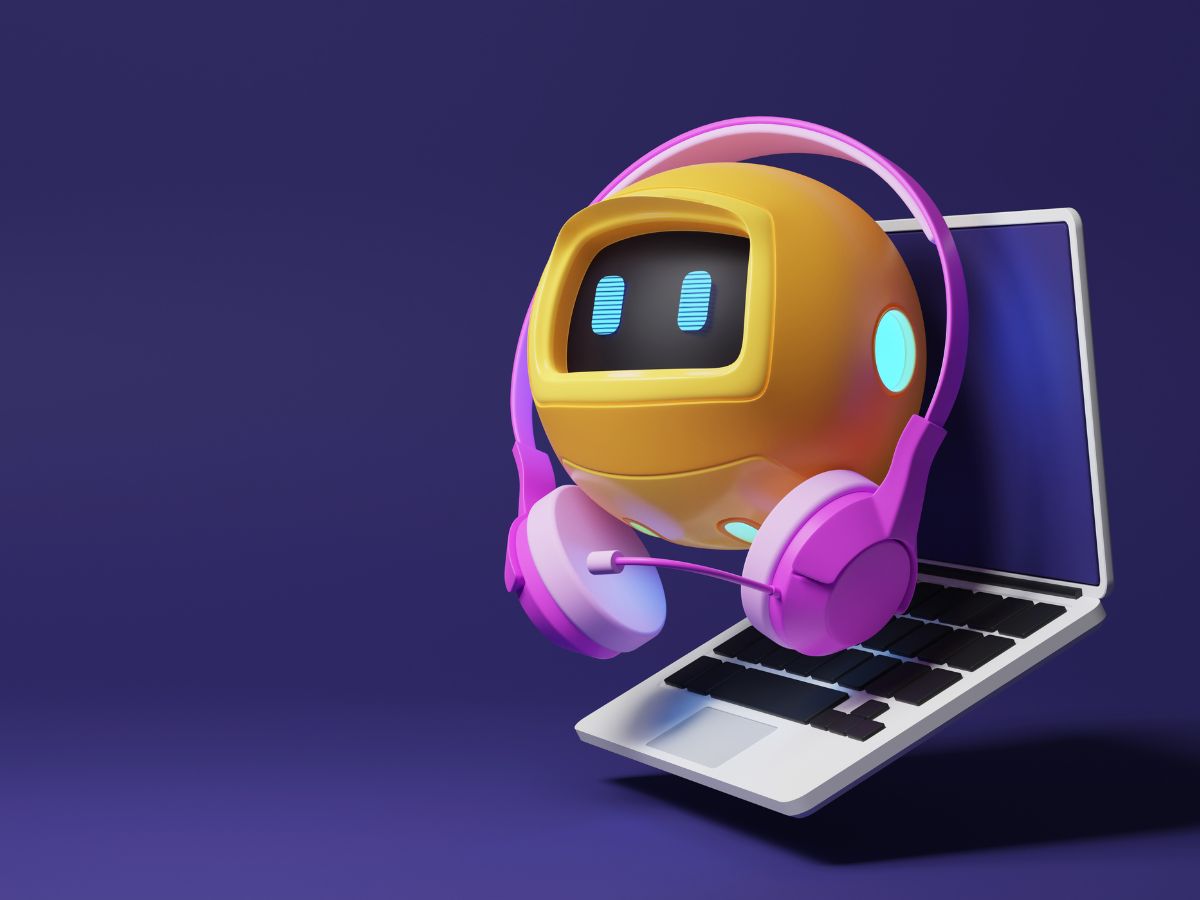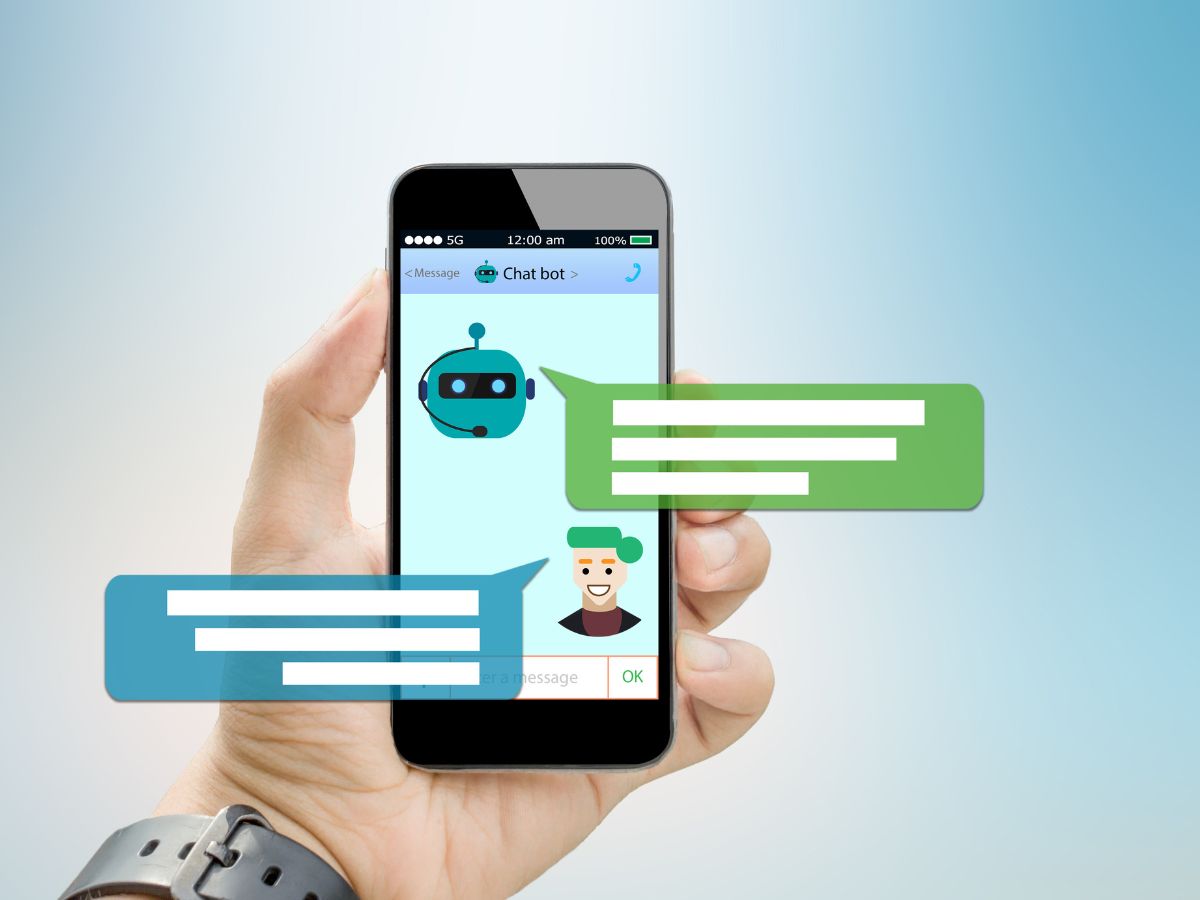Retail AI chatbots are revolutionizing the customer experience with AI suppor...

Retail business owners know the importance of providing excellent customer service to drive sales and retain customers. However, this can be a challenge when there is a massive volume of queries, complaints, and troubleshooting beyond business hours. This is where automation and chatbots come to the rescue. In recent years, more than 55% of global businesses have switched to AI automation, with retail AI chatbots at the top.
Conversational AI in retail or retail chatbots is becoming increasingly popular in the E-commerce sector to provide customer support and a client-centric shopping experience.
Let's explore more about retail AI chatbots, How they are used in retail industries, their benefits in business communication, and what are some of the best chatbot platforms.

Retail AI chatbots are automated programs that interact with customers and assist them in shopping. They are designed to answer service-related queries and questions, provide customer support, give recommendations, and facilitate the overall sales process. A retail chatbot can easily integrate with mobile and messaging apps such as Facebook, Instagram, Whatsapp, and in-store kiosks for a seamless customer experience.
These chatbots are usually powered with advanced AI features such as NLP (natural language processing). NLP enables chatbots to craft engaging and humane responses for a personalized shopping experience. These advancements have made retail chatbots more popular and accessible than ever before.
Research from Tidio shows that 62% of customers prefer interacting with a chatbot to answer their requests. It indicates the immense popularity of these AI chatbots. So, let’s know which range of innovative solutions they offer in retail.
Retail AI chatbots can evaluate customer preferences through browsing history and past purchases to recommend personalized products. Chatbots can suggest articles that align with a customer's price range, preferred features, and other requirements by understanding an individual's needs and interests.
One drawback of online purchases is that you lose access to an in-store product demonstration, where a salesperson can thoroughly guide you on using a product. Language barriers or translation issues could also create hurdles in the purchasing process. This is where a retail AI chatbot comes in. Chatbots can answer all of your questions in multiple languages and provide the required information you need to get started with your purchase.
Chatbots for retail brands enable customers to share their address and contact information and place an online order. It can also provide information about upcoming products according to customer's preferences and allow them to pre-order their favorite articles.
Once the order is confirmed, customers can receive updates on their order status, such as the date and time of delivery and information about the courier service. Many logistic companies also offer chatbots to inform customers about their package updates.
Retail AI chatbots are popular among customers for providing round-the-clock support. Customers can easily access information about the products, store locations, return and exchange policies, upcoming sales, and discounts.
The FAQ template on the chatbot automates answers for this type of query. They can also direct customers to relevant links, such as sales and landing pages of a brand's website for online purchases.
Chatbots store information provided by users or particular browsers, such as names, addresses, dates, or phone numbers. This information is often utilized by businesses to send personalized offers and special promotions to their regular and loyal customers, such as:
"Hey, Zoe! It's been a while since you last visited our salon. Show this promo code and get 30% off on all services on your next visit."
When a customer registers a complaint through a chatbot, it uses the internal data about refunds or company policies and provides the best possible solution.
However, human intervention is still needed for more complex issues. Chatbots can transfer complaints to customer service agents through an omnichannel that moves from chatbot to customer support staff.
These retail chatbot use cases show plenty of customer service opportunities in which conversational AI can boost a retail business.
When it comes to retail AI chatbots, there are numerous platforms available to begin with. Let's look at some of the best options in the market.
Aidbase is a leading AI automation platform that offers AI-powered chatbots. It has a lot of customization options that startups and established retailers can choose from. Aidbase provides advanced NLP training to chatbots that help them cover the knowledge gaps in the existing systems, hence providing robust 24/7 customer support without any human intervention.
The no-code system enables the chatbots to integrate perfectly with websites and other messaging apps within minutes, including email automation and AI-assisted ticket handling, making it a perfect choice for developing advanced retail AI chatbots.
Outgrow is another emerging platform that allows businesses to develop interactive content such as quizzes, surveys, and questionnaires to turn chatbot users into leads. The whole system focuses on creating customized AI chatbots that increase ROI and lead generation by tracking engagement and customer feedback from chatbots.
Alphachat is a conversational AI platform that deals in customer service automation. It works with the telecom, banking, and SAAS sectors, offering different templates for retail and e-commerce businesses. Their smart automation and advanced NLP systems enable the chatbot to integrate with CRM and provide accurate responses.

Here are some significant benefits of using conversational AI for retail customer support and business communication.
Retail chatbots can seamlessly integrate with various channels such as phones, mobile apps, social media, and messaging apps like WhatsApp. The conversations and inquiries move around these platforms in a way that online shopping becomes as pleasant as an In-store experience with a sales assistant.
AI chatbots store data, conversations, and customer feedback (ratings and stars). This data provides information about customers' shopping patterns, pain points, and favorite purchases. Businesses can use this info to improve their customer experience by taking initiatives that create a positive shopping environment and eliminate the shortcomings.
A well-integrated chatbot can provide massive support to customer service agents and ease their burden. Chatbot technology deals with FAQs, repetitive queries, and customer complaints, leaving agents or associates free for more complex and urgent tasks that need immediate human support.
Even the best salespeople can not remember every customer’s name, demographics, and shopping preferences, but chatbots can. By tracking customers' information, chatbots can send them tailored and customized shopping recommendations, creating a personalized and exclusive shopping experience.
AI retail chatbots have proved themselves an essential part of a successful retail business by generating human-like responses, providing prompt information, and proactive customer service.
When it comes to a successful retail business, a positive customer experience matters a lot. Prompt and intelligent customer service with AI support helps companies to streamline their sales, marketing, and business communication effectively. With Aidbase, you can design your own retail AI chatbots to provide your customers with the shopping experience they are looking for.